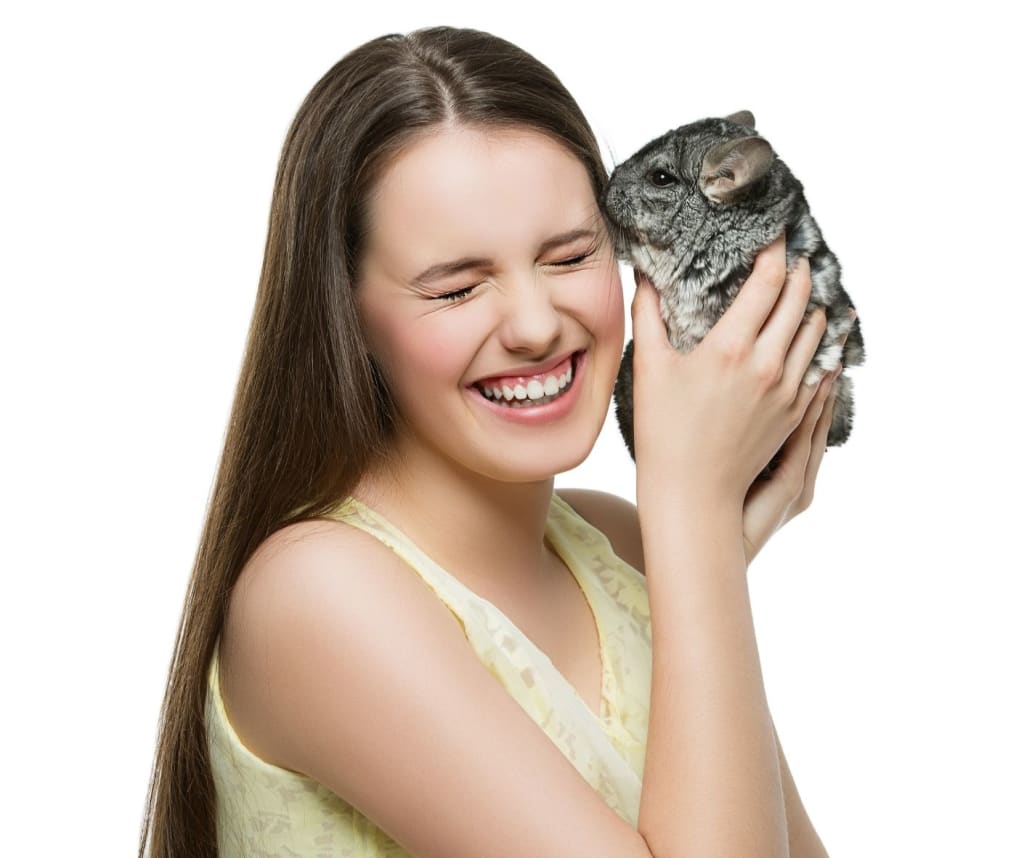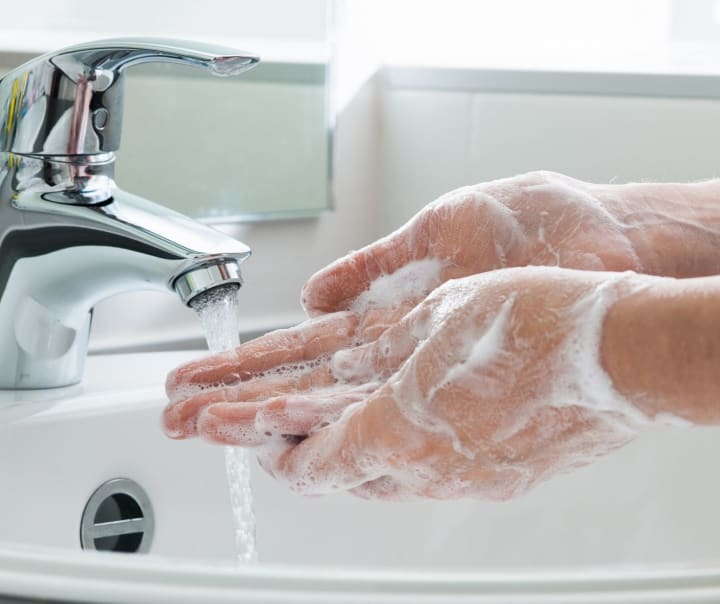Zoonotic Diseases: Diseases Passed Between Animals and People
How to Protect Yourself

Zoonotic diseases are diseases that can be passed from animals to people (and back and forth). The most common one is Rabies, though we don't see that disease much anymore, which is a good thing.
However, there are many other diseases that can be passed from one to another. Some that you need to know about include:
Rabies. This is a life-threatening disease that can be passed from many different animals to people. Unfortunately, most people who get rabies and don't get treated right away end up dying. For this reason, it is important to keep your pets vaccinated for this preventable disease. In many states, it is legally required.
Leptospirosis. Though this disease isn't very common, it is becoming more common over the past few years. Leptospirosis is caused by a bacteria and is passed through the urine of infected animals. It is passed by wildlife and through both running and standing water where infected wildlife pass by. It can cause liver and kidney failure in all animals and humans.
Intestinal parasites. Dogs and cats can pass any worms onto a human, especially those that handle them regularly. They can pass roundworms, hookworms, and even tapeworms through their stools. It is more common in children, older people, and those who are immunodeficient.
Giardia infection. Like intestinal parasites, Giardia is passed through feces. It is an organism that comes from infected water. It also can live in the soil and feces once it has been ingested. It causes digestive problems, including diarrhea.
Lyme disease. Lyme disease can be quite serious in both humans and dogs. It is passed by a tick bite and can affect someone for years. Some of the most common signs include fever, pain, and joint inflammation. If left untreated, it can start to affect vital organs like your kidneys and heart.
Scabies and other mites. Our dogs and cats who are outside can pick up scabies and other mites, and then pass them on to the humans who want to cuddle up with them. This can be quite itchy and irritating to the skin of anyone who comes in contact with the mites.
Because you aren't going to want to worry about your children and your pets with these diseases, you just have to do a few things in order to protect everyone.
Clean up your dog's stool in the yard. Not only is it disgusting to walk through a yard full of poop, but it can also be unhealthy. The longer that the stools stay in the yard, the more likely it is that the intestinal parasites can move into the ground and continue to infect your pets over and over.
Wash your hands after handling your animals and their stools. Good hygiene is essential to keep everyone as healthy as possible. So, make sure that you wash your hands often when you are handling your pets. You also need to wash your hands after you clean out the yard and the litter pan.

Wear gloves when working outside in the dirt. Since the soil can be infected by stool, you shouldn't garden or work in the dirt without gloves. Even when wearing them, you should wash your hands after you are finished. You could pick something up from a stray animal that wanders through your yard.
Vaccinate your pet. You should vaccinate your dog and cat to protect him or her. However, if he or she has a Leptospirosis and a Rabies vaccine, you are less likely to get the disease.
You also want to keep him or her on preventatives. Your dogs and cats should be on flea and tick protection to help keep fleas and ticks out of your home (and on you). These preventatives also can help with mites. You should also deworm your pets routinely to ensure that they don't get any intestinal parasites that they could pass on to you.

Though zoonotic diseases can be scary, they don't have to be. You can easily keep your pet (and your family) safe, just with a few easy things. You should always wash your hands and wear gloves when handling dirt and stool. You also should make sure that your dogs and cats are vaccinated against the diseases that can easily be prevented.
About the Creator
Shelley Wenger
Small town country girl in southern Pennsylvania. Raising two boys on a small farm filled with horses, goats, chickens, rabbits, ducks, dogs, and a cat. Certified veterinary technician and writer at Virtually Shelley.






Comments
There are no comments for this story
Be the first to respond and start the conversation.